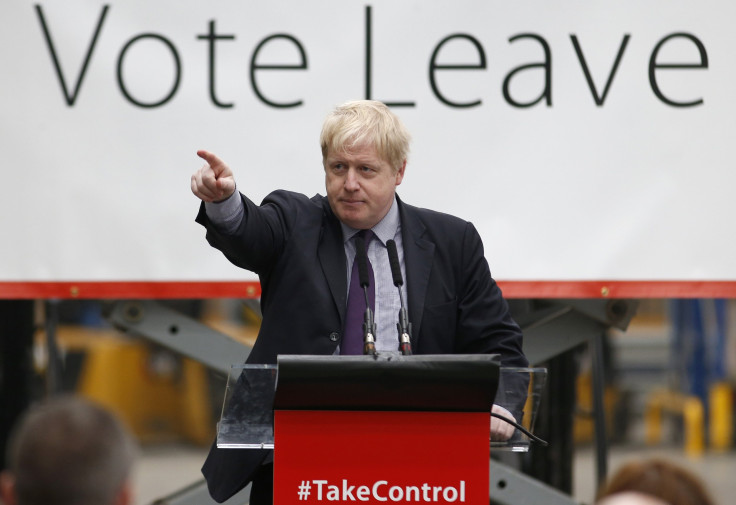Brexit News: Congress Refuses US - UK Trade Deal If Northern Ireland Agreement Is Threatened

British Prime Minister Boris Johnson, a passionate advocate for the U.K.'s exit from the European Union, may face a dilemma if his Brexit proposal threatens stability in Northern Ireland.
Johnson is hoping that a robust trade deal with the United States could be made with President Donald Trump administration after Brexit.
Congressional leaders and U.S. diplomats worry that Johnson's Brexit plans could disrupt the 1998 Good Friday Agreement, which established Northern Ireland as a part of the United Kingdom.
If Johnson's Brexit strategy winds up negating the Good Friday Agreement, Congress is likely to not support onto any new trade deal between the U.S. and U.K.
Rep. Richard Neal, D-Mass., a co-chair of the Friends of Ireland caucus, has said that the "American dimension to the Good Friday Agreement is indispensable."
Rep. Peter King, a Republican from New York, is the other co-chair of the Friends of Ireland caucus, and has also expressed his willingness to block a trade deal if the Good Friday Agreement is threatened.
Johnson has said Wednesday that he was "committed to the Good Friday agreement" despite concerns.
The Good Friday Agreement of 1998 effectively brought an end to the The Troubles, with Republicans wanting Northern Ireland to be separated from the U.K and be part of a greater Ireland, while unionists wanting the territory to remain with the U.K.
The majority-Catholic Republicans and Protestant-majority unionists had been fighting over the issue since the 1960s, with paramilitary groups the separatist Irish Republican Army (IRA) engaging in a bloody conflict with the Ulster Volunteer Force (UVF). British security forces were also engaged in the tensions.
More than 3,600 people were killed and over 30,000 wounded during the 30-year conflict, which was likened to a low-intensity civil war. The majority of casualities were civilians.
The conflict was the culmination of eight centuries of British dominance over Irish affairs. Protestant Irish often sided with the British, which caused resentment among members the Catholic Irish majority, who often felt like they were being discriminated against.
The Brexit referendum in 2016 could undermine the Good Friday Agreement, as the majority of Northern Irish citizens voted that the U.K. should remain in the EU, not leave it.
Sinn Fein, a nationalist Irish party with past ties to the IRA, has demanded a poll to ask whether Northern Ireland would unite with the Republic of Ireland in the case of a no-deal Brexit.
Sinn Fein has major sway in Northern Ireland politics, as it holds 27 seats in Northern Ireland's parliament, the same number as the unionist Democratic Ulster Party (DUP), the other prominent Northern Irish party.
"We've set out very clearly that this would be catastrophic for the Irish economy, for Irish livelihood, for our politics, and for our peace accord," Sinn Fein leader Mary Lou McDonald said Wednesday.
Johnson has stated that he wants Brexit, with or without a deal, by Oct. 31.
© Copyright IBTimes 2024. All rights reserved.





















